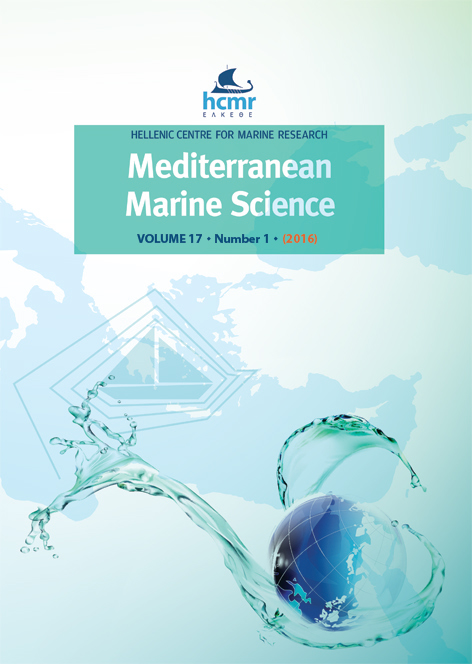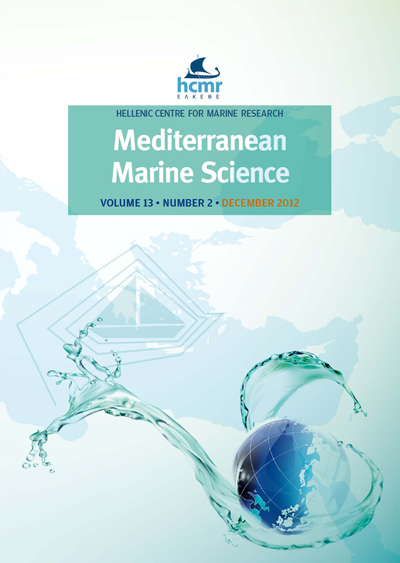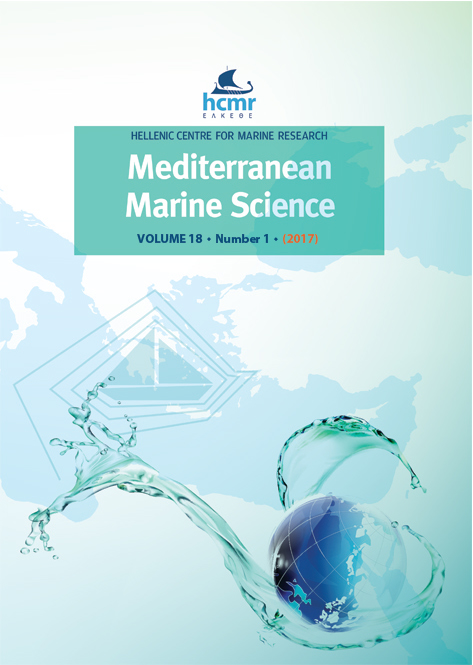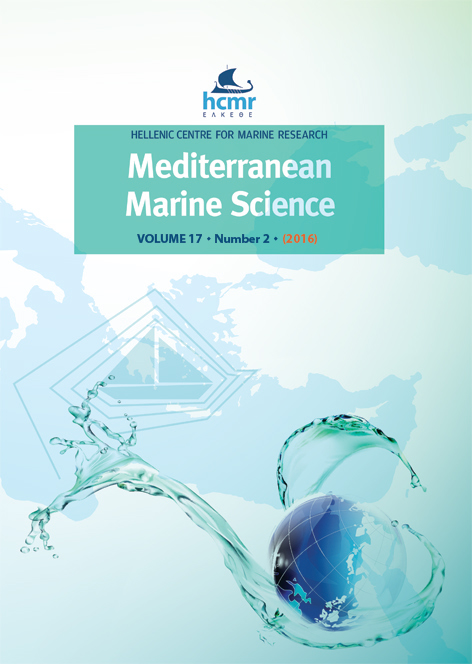Contribution to the study of deep coastal detritic bottoms: the algal communities of the continental shelf off the Balearic Islands, Western Mediterranean
Abstract
Three main algal-dominated coastal detritic communities from the continental shelf off Mallorca and Menorca (Balearic Islands, Western Mediterranean) are described herein: maërl beds dominated by Spongites fruticulosus and forests of Laminaria rodriguezii located in the Menorca channel, and Peyssonnelia inamoena beds found along the Southern coast of Menorca. There seems to be a gradient of disturbance from the highly disturbed Peyssonnelia beds to the almost undisturbed L. rodriguezii forests. Whether this gradient is the result of current and past anthropogenic pressure (e.g. trawling intensity) or is driven by natural environmental factors needs further assessment. Finally, the location of the target communities by means of ROV dives combined with the use of a Box-Corer dredge and beam trawl proved to be a good methodology in the study of the composition and structure of these deep water detritic communities.
Article Details
- Zitationsvorschlag
-
JOHER, S., BALLESTEROS, E., & RODRIGUES-PRIETO, C. (2015). Contribution to the study of deep coastal detritic bottoms: the algal communities of the continental shelf off the Balearic Islands, Western Mediterranean. Mediterranean Marine Science, 16(3), 573–590. https://doi.org/10.12681/mms.1249
- Ausgabe
- Bd. 16 Nr. 3 (2015)
- Rubrik
- Research Article
Authors who publish with this journal agree to the following terms:
- Authors retain copyright and grant the journal right of first publication with the work simultaneously licensed under a Creative Commons Attribution Non-Commercial License that allows others to share the work with an acknowledgement of the work's authorship and initial publication in this journal.
- Authors are able to enter into separate, additional contractual arrangements for the non-exclusive distribution of the journal's published version of the work (e.g. post it to an institutional repository or publish it in a book), with an acknowledgement of its initial publication in this journal.
- Authors are permitted and encouraged to post their work online (preferably in institutional repositories or on their website) prior to and during the submission process, as it can lead to productive exchanges, as well as earlier and greater citation of published work (See The Effect of Open Access).









